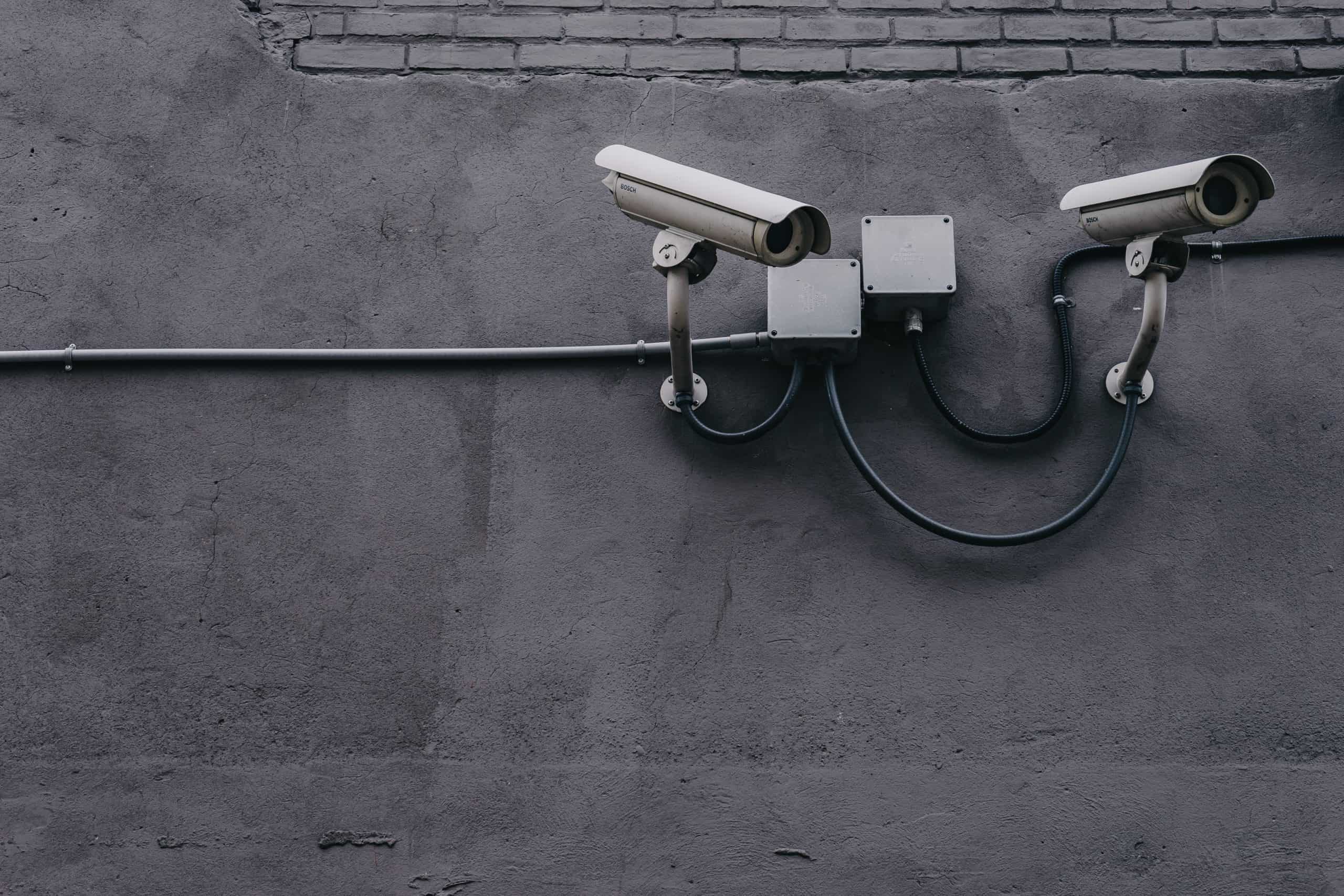
Whatever your resolutions and predictions, security must still be paramount
Ok, it’s a pretty obvious statement, but now is the time of year when every publication (and PR agency blog for that matter) is filled with pieces looking at predictions and resolutions for the New Year. You may be planning to learn to code, get healthy or perhaps stop tweeting your useless train operator in anger (it’s not productive and the insincere apology doesn’t help)! One resolution that should be on most people’s list though should be to become more security conscious – and this goes for consumers and businesses.
This brings me onto 2017’s technology predictions, interspersed with regular rundowns of the latest ground-breaking tech to come out of the annual January rollercoaster of CES. Scanning a plethora of these articles the same trends are emerging:
- The growth of VR and AR – Pokemon Go was a huge (if short-lived) AR phenomenon last year and a number of new VR headsets and other gadgets have been showcased at CES
- The rise of the connected (and self-driving) car – Google, Tesla and a number of other big names have been dipping their toes in this water and the unveiling of a “superfast” electric car from Faraday Future has already been big news in 2017
- The proliferation of IoT devices and the smart home – In the same way that some seem to see AWS as the only option in cloud services, Amazon Echo seems to have become the standard bearer for the smart home. Get ready for much more in the way of voice activated and smart home technology in 2017. Anyone for a smart fridge?
- AI becoming mainstream – Machine learning, smart apps, increased automation? It’s coming, and having watched Terminator 2 at a reasonably young age, I’m slightly apprehensive. As I’m sure are the workers at a Japanese insurance firm which just replaced 34 staff with an AI system
Unsurprisingly, the important consideration linking all of these innovations is security.
Data breaches and cyber security failings were increasingly all over the news in 2016, and 2017 is set to be no different. A recent article from SC Magazine cited new research from Avecto, suggesting more than 90 per cent of cyber-attacks and resulting breaches in 2016 stemmed from a spear-phishing email. We’re also still going to be seeing the fallout from Yahoo’s two record data breaches of 500 million and one billion customer accounts in two separate incidents revealed in September and December last year (but dating back to 2014 and 2013).
These are just two of many cyber-attack stories recently, the latter of which has motivated a number of articles on how to delete your Yahoo! account – something I’ve done, having had more than one account which has not been used in a while.
However, the increasing scale and sophistication of attacks has really got me thinking about the potential impact on some of the hot growth technologies like AI, IoT, AR and even connected cars. So far, in a lot of cases data breaches have resulted in most of us changing our passwords and having less confidence in the security of the company in question. Obviously, there have been other more serious consequences for some; financial consequences in some cases, and I’ll bet that Ashley Madison users probably had some personal issues after that data breach. But to most of us, these data breaches have not had a huge impact on our daily lives.
However, imagine the potential impact of hacking on connected cars or IoT devices. This elevates security to an even more important level as it has the potential to do some real harm to consumers. With cyber security now set to impact on safety, companies hit by future attacks may not just be worrying about losing users and a downturn in reputation, they could end up with no reputation (or business) to manage at all.





